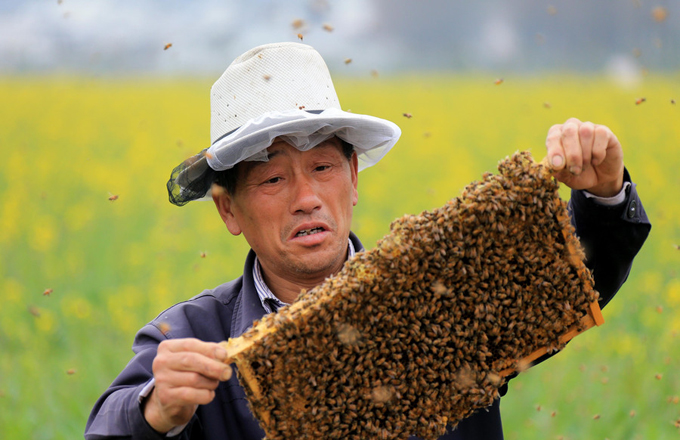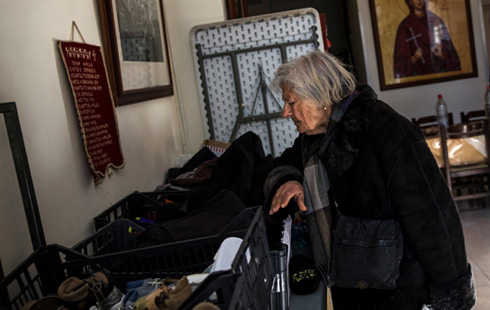

BEIJING - China is more prepared in handling public health emergencies than a decade ago when it fought the Severe Acute Respiratory Syndrome (SARS), a senior health official said Monday.
China's disease control network and related legislations have greatly improved in the past decade, said Liang Wannian, director of the H7N9 influenza prevention and control office under the National Health and Family Planning Commission (NHFPC), at a Beijing press conference.
At both central and local levels, detailed plans have been implemented in how to react to public health emergencies, said Liang when asked to comment on the difference between the situation of new bird flu infections and the outbreak of SARS.
Moreover, all-level governments have been urged to be more transparent in releasing information on H7N9 bird flu cases, Liang said.
The health official said that compared to the situation a decade ago, scientific development has enabled China to detect the H7N9 bird flu virus, with the first case reported to the public soon after it was confirmed infected with the virus.
China confirmed 21 human infections of H7N9, a new strain of bird flu, as of Sunday. Six of the infected people have died.
Also at the press conference, WHO representative Dr Michael O'Leary confirmed the efforts made by the Chinese government in reporting the disease situation and its cooperation in studying the virus.
"We are very satisfied and pleased with the level of information shared and we believe we have been kept fully updated on the situation," O'Leary said.













